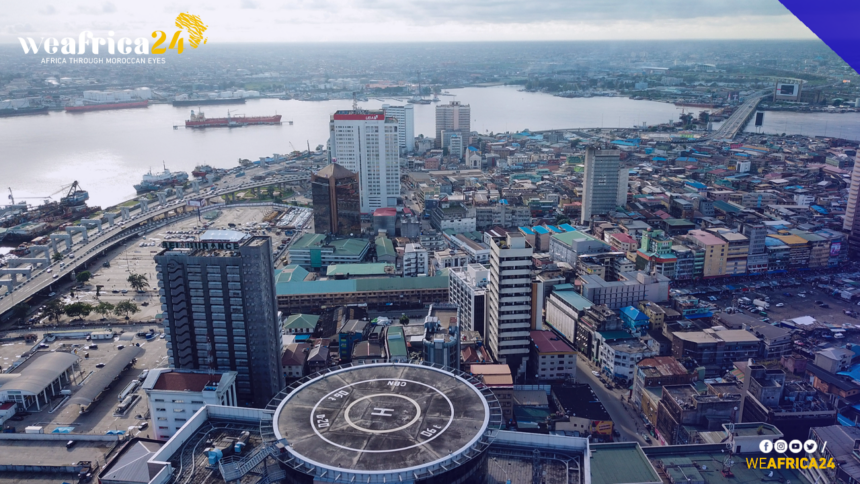Recent data reveals that the 36 Nigerian states collectively splurged an alarming N1.71tn on recurrent expenditures in the first nine months of 2023. This extensive spending encompasses allowances, foreign trips, office supplies, aircraft maintenance, and more.
An analysis by Open Nigerian States, a budgIT-backed website, scrutinized budget performance reports, with 24 states covering the first three quarters and 12 states providing data for the initial two quarters of the year. Notably, salaries amounted to N802.43bn during this period, and if included, the total recurrent spending would skyrocket to N2.52tn.
The expenditure analysis delves into diverse non-salary spending items, such as foreign and domestic travel, Internet access fees, entertainment, foodstuff, honorarium/sitting allowance, wardrobe allowances, telephone bills, electricity charges, stationery, anniversaries/special days, welfare, aircraft maintenance, and more.
Among the states, 30 have already disbursed security votes, amounting to N87.45bn. Concurrently, the states’ total borrowings surged to N988bn by the end of the third quarter of 2023.
The breakdown of non-salary expenditures for various states reveals a concerning trend of allocating significant funds to seemingly non-essential items. For instance, Abia spent N17.61bn on various expenses, including housing/rent allowance, meal subsidy, entertainment allowance, and more.
These extravagant outlays extend to states like Akwa Ibom, Adamawa, Anambra, Bauchi, Bayelsa, Benue, Borno, Cross Rivers, Delta, Ebonyi, and Ekiti, among others. The concern mounts as the total spending by states, including capital expenditure, reached a staggering N4.59tn for the period. There’s a prevailing worry that states may struggle to match their 2022 spending of N8.2tn due to reduced revenues and macroeconomic challenges.







